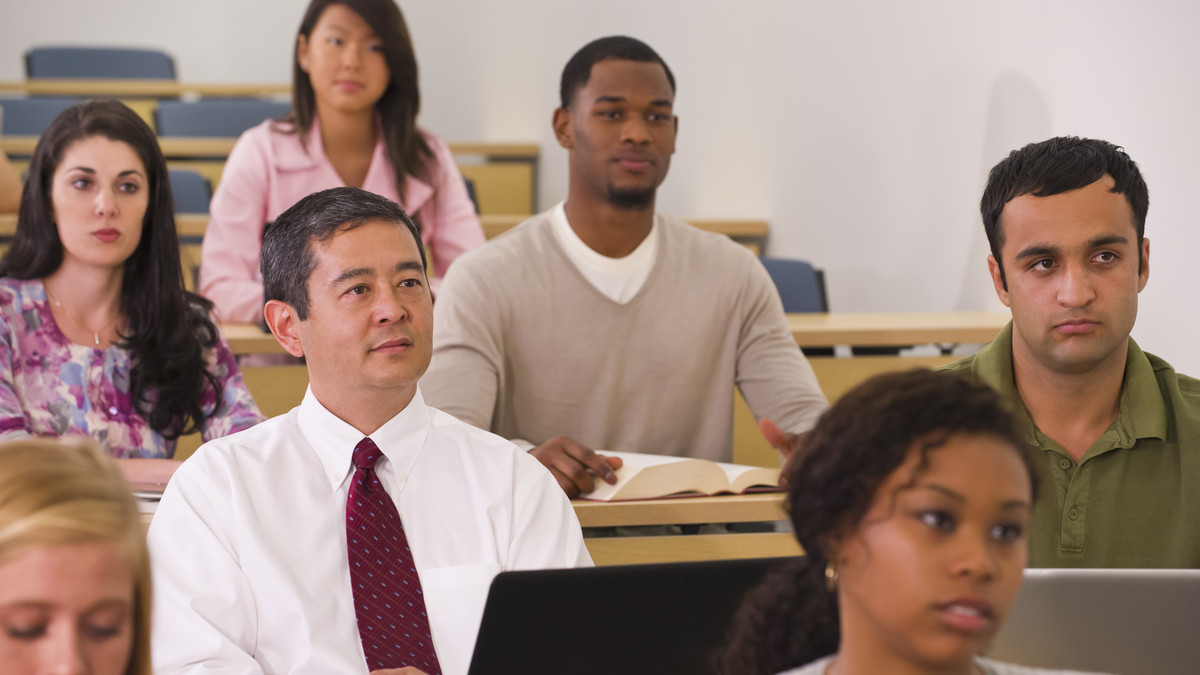On March 6, the College announced the launch of Dartmouth Classroom Rapid Refresh, an initiative aimed at updating roughly five Arts and Sciences and Guarini School of Graduate and Advanced Studies classrooms a term, resulting in a full cycle of classroom updates every five years, according to a Dartmouth News article. The plan will go into action beginning in the summer of 2023.
According to the initiative’s website, the refresh project aims to standardize technology and furniture across campus, improve classroom amenities and allow for more frequent repairs. Associate director of learning innovation Michael Goudzwaard — who co-chairs the Provost’s Advisory Committee on Classrooms — said the ongoing costs will total to roughly $4 million a year, paid for by the Board of Trustees.
Chief information officer for the College Mitchel Davis said the Information, Technology and Consulting office — for which he serves as vice president — met with campus services and faculty members to address the issue of outdated classrooms last year. He added that College Provost David Kotz spearheaded the initiative, which will be led and organized by the PACC.
“Somehow at Dartmouth, the classrooms got off the mission-critical list,” Davis said. “The way we’re doing things right now just isn’t working … We’re not meeting the needs of the institution, and we’re not meeting the needs of the students who come here or the [needs of the] faculty.”
Mathematics professor Scott Pauls — who co-chairs the PACC with Goudzwaard — said that the committee believes there should be a “uniformity of experience” between classrooms in terms of technology and furnishings. He added that the committee also hopes to make it easier to accommodate community members remotely, whether for a guest lecture or for students when they cannot attend class.
“It should open up a lot of opportunities for [professors] to change their teaching in ways that are more beneficial for the students,” Pauls said.
Classrooms will be sorted by type — group learning spaces, seminar classrooms, lecture halls and demonstration classrooms — with the goal of standardization within each class type, Goudzwaard said.
Pauls said PACC also hopes to “outfit the room in ways that make it easy to reconfigure,” including instructions on how to change classrooms’ arrangement to fit different teaching styles.
“The classrooms will better support student learning and teaching in different flexible formats,” Goudzwaard said.
One major technological change is the incorporation of OpenAV — an audio-visual system developed by the Thayer School of Engineering — into every classroom, project program manager Dushyandhan Yuvarajan said. Using the universal OpenAV platform, new technology can be added into all classrooms simultaneously, so that the College can “keep the classrooms upgraded,” Davis added.
According to Goudzwaard, the PACC’s membership diversity allows it to make strategic decisions. According to the PACC’s website, representatives come from the Campus Services Office, five departments in Arts and Sciences and Guarini, the Information Technology and Consulting Office, the Registrar’s Office and Student Accessibility Services.
“The PACC is intended to be an advisory board and to be able to represent and balance the needs of different departments and divisions from across campus,” Goudzwaard said.
Yuvarajan added that the PACC will operate with a “collaborative approach,” working with other teams including the information technology consulting audio-visual team and the campus project management team.
As the classrooms roll out, PACC aims to get feedback from faculty and students about “what is working and what is not,” Pauls said. The committee will then use feedback to better update classrooms that have not yet been refreshed, he added.
“That mitigates that five-year cycle a little bit in the sense that the evolution is actually happening [at] a more rapid pace,” Pauls said.
According to Yuvarajan, PACC will also stress other methods of feedback and input, including annual summits with faculty to incorporate new teaching modalities into OpenAV, and a demonstration space built in ITC’s Four Courier office — where faculty and students can test new furnishing options and offer their feedback.
“We’re really trying to build this environment where faculty and students can speak directly to us,” Yuvarajan said.
The tentative schedule will target rooms in Wilder Hall this summer, rooms in Silsby Hall this fall and rooms in Kemeny Hall, Haldeman Hall and Moore Hall for the following two terms, according to the program’s website. The initiative’s second year will focus on rooms in Carson Hall, the Life Sciences Center and the Rockefeller Center, among others that have yet to be determined. Renovations for later years have yet to be determined.
Economics professor Melinda Petre, who frequently teaches in the classrooms set to be renovated in the first year, said she feels excited about the plan but has some concerns.
Petre said she likes the idea of having more space to spread out chairs, more projector space and greater whiteboard capabilities. However, she explained that her frequent use of the document camera and movable chairs to help with group work are integral to her teaching style, adding that limitations to those aspects could affect the way she teaches.
“There are strengths and weaknesses with the current setup, but to me, I’ll work with whatever they give me,” Petre said. “So hopefully they’ll preserve the [document camera] ability, because I’ll have to rethink some things in a major way if they don’t.”
This article was written by Lauren Azrin from Dartmouth College / The Dartmouth and was legally licensed through the Industry Dive Content Marketplace. Please direct all licensing questions to legal@industrydive.com.
